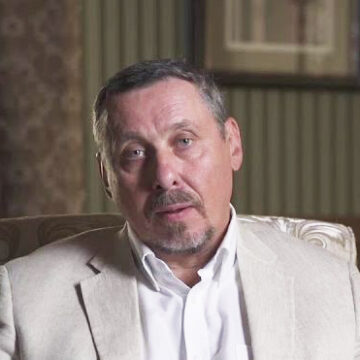There is one circumstance that appears to be common for Moscow and Western capitals: there is no point in referring to the events of the late 1980s and early 1990s in order to legitimize one’s actions (no matter whether they were aimed at keeping the status quo or changing it). This no longer works as a sound argument. Completely new reasons are need- ed. In this report we will try to sketch them out and understand what may happen next.
A year ago we published our first report as part of a project conceived in 2015 at the height of the conflict between Russia and the West, which had been simmering for a long time but had come to a head with the beginning of the international relations that consisted of two phases: the Cold War in the 1940s-1980s and the time of transition after the disintegration of the Soviet Union. Today the world is on its way into a new paradigm.”
Subsequent events proved us right. New U.S. President Donald Trump, who sensationally won the election in November 2016, is a vivid embodiment of the end 1 of the previous era. In fact, the United States had never had such a leader before. Regardless of what he may achieve as president and how long he may stay in office, American, and therefore global, policy will no longer be the same as before the turmoil of 2016. The reason is not Trump, of course (he is no more than a symptom, a product of overdue changes), but the exhaustion of the previous political and economic model of international development.


For twenty-five years after the end of the Cold War and the dissolution of the Soviet Union, the country strived to restore (or in some instances even “take revenge”) its statehood, economy, political system and international positions. With some simplification, one can say that throughout that period Russian society and the state developed in the wake of what happened in 1991 (and the preceding triggering events). This period can be assessed differently as it combined both historically inevitable and transitory but unnecessary episodes, forced and imagined actions, heroic efforts and fatal miscalculations. Anyway, that era came to an end, mainly because it came to an end globally.
Not only Russia but also the West, and consequently world affairs in general, existed in post-Cold War mode, with Russia feeling defeated and wishing to make up for the losses, and the West engulfed in euphoria and self-admiration. Between 2008 and 2016 (from the world financial crisis to Brexit and Trump’s election), the West’s delight gradually gave way to anxiety, and eventually it became clear that things had not gone the way they were intended to go at the end of the last century, and that many things, if not all, should be started over again, taking into account new prospects.











